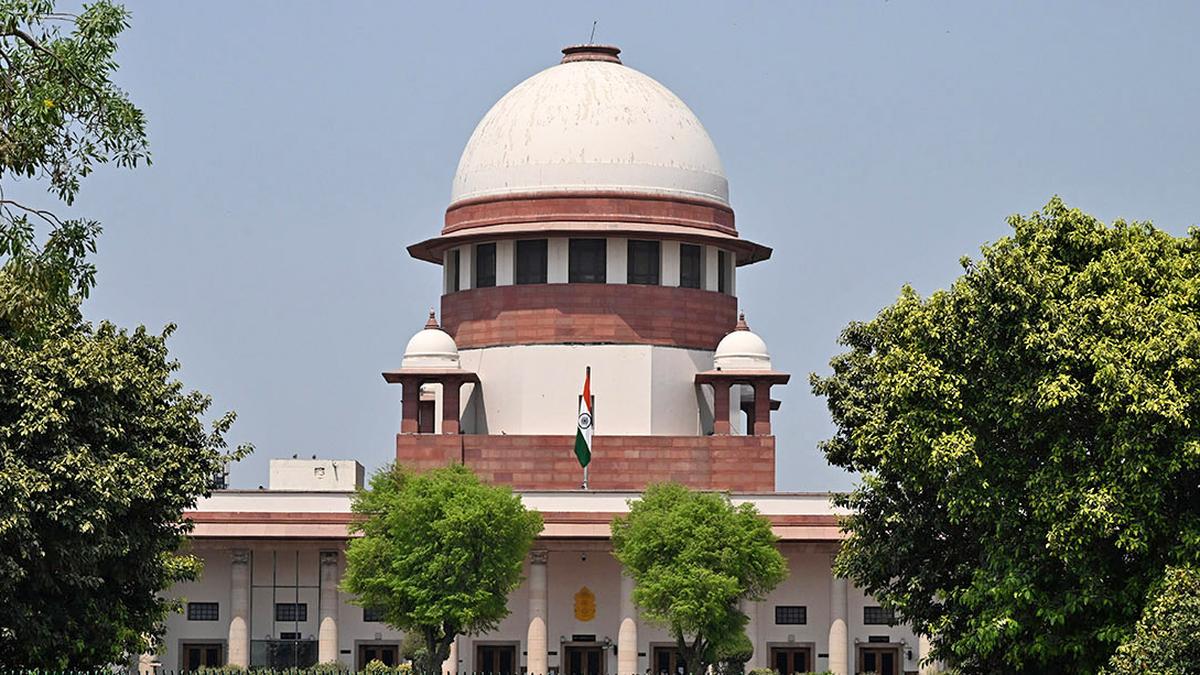Shreya Varanasi, Pune
On Thursday, a seven-judge Supreme Court Constitution bench allowed sub-classification within the Scheduled Caste (SC) and Scheduled Tribe (ST) categories to provide employment and educational reservations for the more marginalized people from backward tribes.
The landmark judgment was delivered by a court led by Chief Justice of India DY Chandrachud by a 6:1 majority, with Justice Bela Trivedi disagreeing with the majority. This judgment overruled the 2004 verdict in the EV Chinnaiah vs the State of Andhra Pradesh case, which held that State Legislatures cannot sub-classify Scheduled Castes for the purpose of granting reservations in admissions and public positions. The seven-judge bench included Justices BR Gavai, Satish Chandra Mishra, Pankaj Mithal, Manoj Misra, Bela M. Trivedi, and Vikram Nath and was headed by Chief Justice of India DY Chandrachud.
The verdict pointed out that the States can define different levels of backwardness and prioritize benefits for Scheduled Caste sub-classes. This would not go against the President’s sole authority under Article 341 to identify Scheduled Castes. It further stated that judicial scrutiny is the criteria for states’ sub-classification ability. During the hearing, the Centre informed the court that it supported the sub-classification move.
The Chief Justice had noted a distinction between ‘sub-classification’ and ‘sub-categorization’ and concluded that states may be required to sub-categorize reserved category communities to make it certain that the benefits reach more marginalized people. Further, he noted that the people belonging to the SC/ST categories cannot advance in their careers because of systematic prejudice and that Article 14 allows for caste sub-classification. CJI also remarked, “Historical evidence shows that depressed class was not a homogenous class.”
During the hearing, the other judges also shared their opinions. Justice Gavai, in his opinion, said that the state should develop a policy for identifying the creamy layer even within the SC/ST to remove them from the scope of affirmative action. He noted that, in this case, it was dealing with the issue of equality among unequals.
On the other hand, Justice Bela Trivedi ruled that state governments cannot misuse the Scheduled Caste List by giving certain groups within the SC community preferred quotas. In her opinion presented during the hearing, she argued that the SC community is a homogeneous group and any reservation revision must be made by Presidential notification.
The top court revisited the 2004 Constitution Bench’s judgment on the EV Chinnaiah vs State of Andhra Pradesh case, stating that SCs and STs are homogenous groups and states cannot sub-classify them to grant quotas for deprived and weaker castes. The Chinnaiah judgment ruled that sub-classification would violate Article 14 of the Constitution. Under Article 341 of the Constitution, only the Parliament can exclude SC castes from the Presidential List.
